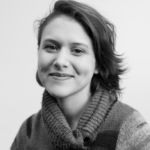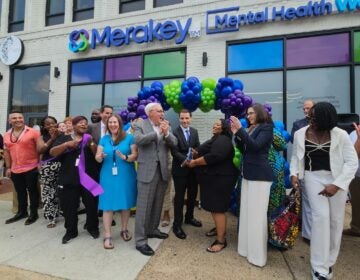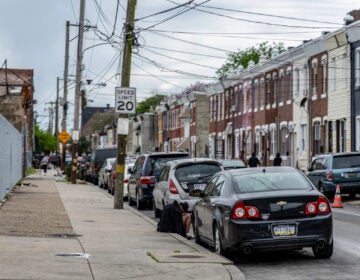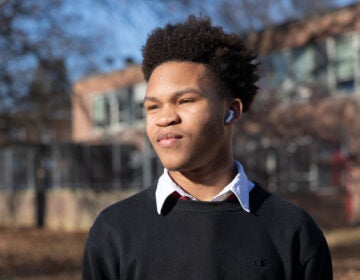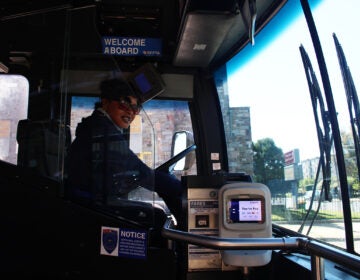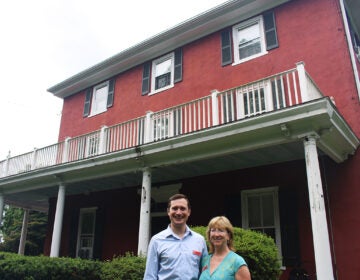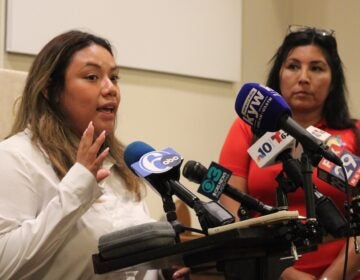This Philadelphia organization is working to promote mental health awareness and suicide prevention
My Brother’s Keeper Cares is hosting its fourth annual “Discovering Mental Wealth” event on Sept. 13 at The Discovery Center in Fairmount Park.
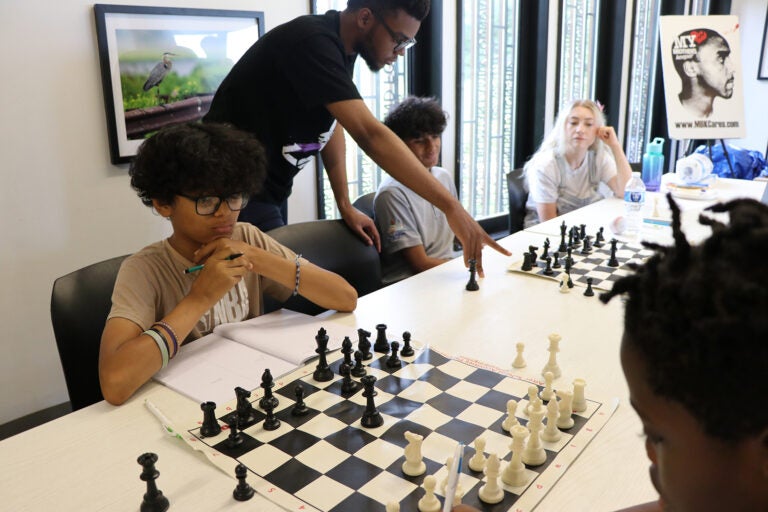
MBK Cares' "Checkmate" program teaches young people how to play chess. (Photo credit: Yolonda Johnson-Young)
Help is available
If you or someone you know is in crisis, call or text the National Suicide and Crisis Lifeline at 988. The hotline is staffed 24/7 by trained counselors who can offer free, confidential support.
If you are a veteran trying to reach the Veterans Crisis Line, call 988 and press 1. Spanish speakers can call 1-888-628-9454. People who are deaf or hard of hearing can call 1-800-799-4889.
From Delco to Chesco and Montco to Bucks, what about life in Philly’s suburbs do you want WHYY News to cover? Let us know!
Ihsan Hines lost his brother, Atif Hines, to suicide in August 2007. Grappling with that loss and other challenges brought him to his own crisis more than 10 years later.
“I still was struggling inside mentally, not only from the trauma of losing a brother, but going through different losses in life, like romantic losses, financial losses, just challenges, and I was overwhelmed by them,” he said. “And on Oct. 16, 2018, I had a plan to take my life, and I reached out, sent a smoke signal to some friends, and I was surrounded by a lot of support.”
Hines said with the help of his loved ones, and after speaking with a psychiatrist at the emergency room at the University of Pennsylvania, he connected with a therapist.
“That therapy wound up changing my life, because I was able to consistently talk to somebody about what was going on … not only trauma, but talk about decisions,” he said.
After his trip to the ER, Hines began to think about how he could share his experiences and provide resources to other Black men and community members of all backgrounds who face mental health challenges.
In 2020, he founded My Brother’s Keeper Cares as a 501(c)(3) nonprofit to promote mental health awareness, suicide awareness and suicide prevention.
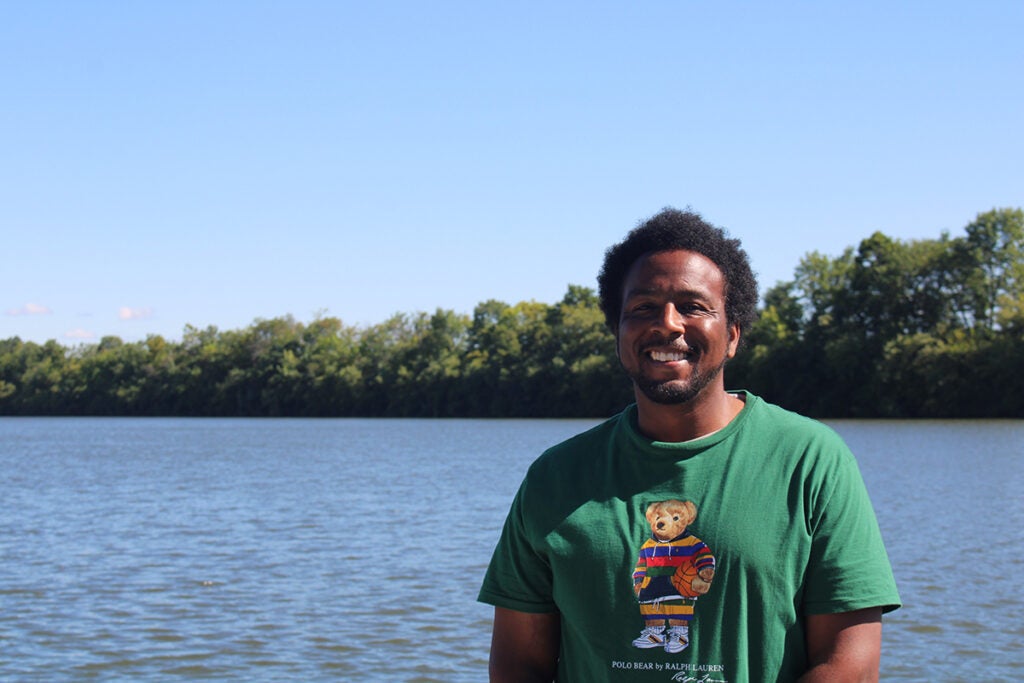
Hines said that by sharing his own story, he wants to normalize the conversation around mental health and suicide prevention.
“I’m, in some people’s eyes, a leader,” he said. “So when you see your leader saying, ‘I have wounds,’ it makes people say, like, ‘All right, my wounds don’t define me. They are a part of me. I’m not ashamed of them. They have reasons that these wounds exist, and I’m not gonna be ashamed. I’m gonna talk about them, and I’m gonna accept other people with their wounds.’”
Building better mental health resources for Black men, communities
Research shows that while overall suicide rates have declined in the United States in recent years, they have risen among Black men and boys in the past several decades.
Many Black men face challenges to their mental health and access to resources because of economic barriers as well as systemic racism, Hines said.
“Just something as simple as driving down the street, for a Black man, may feel like a stressful moment with a police officer behind him, even when he’s doing nothing wrong,” Hines said. “So that’s something that a person, just because of how prejudice might play out, is making them have a body response, a mental response, anxiety, really. So that kind of thing is just really hard sometimes for Black men.”
MBK Cares partners with Black Men Heal, which provides free therapy for Black men and other men of color, and works with other community organizations and researchers at the University of Pennsylvania to serve the community.
“Some of the things aren’t just what we provide,” Hines said. “It’s what we give access to, or we connect other people to that they don’t know exist. Some things are not just because they don’t exist. It’s ignorance of how to get to what exists already. So MBK Cares, we act as a liaison between a lot of institutions and organizations and the public that they need to serve and want to serve.”
One of those partnerships is with the Penn Innovation in Suicide Prevention Implementation Research, or INSPIRE, Center.
Marin Kautz, a clinical psychologist at Penn’s Center for the Treatment and Study of Anxiety and a post-doctoral research fellow, said the center is working to identify gaps in suicide prevention work and research better ways to fill community needs related to suicide prevention.
She and Dr. Lily Brown worked with Hines and MBK Cares to distribute a quality improvement survey to canvas residents about what needs the community sees for suicide prevention.
“One of the things that came back in the survey consistently was this, these concerns related to firearm safety and firearm access, especially related to youth,” Kautz said. “There was a pretty consistent request for more information about how to protect youth in the Black community, specifically, but just in any household, from accessing firearms.”
The INSPIRE team is using that feedback to submit a proposal for a statewide grant to specifically address prevention for firearm-related suicide as well as support people who have lost loved ones to firearm-related suicide.
If they are awarded the grant, Kautz said she hopes Hines and the organization could participate on a community advisory board to assist with implementation.
Hines said some Black Philadelphians might be hesitant to work with Penn because of the impacts of gentrification and historic racism in medical research. But MBK Cares works to advocate for the community and develop “healthy relationships,” Hines said, with the clinicians and researchers working on suicide prevention.
“We don’t compromise,” he said. “So if we feel like our research is going to lead to people just being manipulated or taken advantage of, we don’t allow that, but we use research that’s going to inform better programming and better resources to come back to the community.”
Normalizing mental health awareness at an early age
Through its summer youth mentorship programs, which use chess and golf to teach emotional regulation and mental health awareness to young people ages 13 to 19, MBK Cares is starting the conversation about mental health at a young age, Hines said.
Young people are also encouraged to express themselves through painting, photography and poetry, and journal each day in a workbook titled, “How are You?” designed by mental health advocate Francesca Reicherter.
Hines said just taking that time to reflect can help young people connect more with themselves and their emotions. It also provides tools that “translate directly into therapy.”
“If you can normalize a pattern of talking about how you think and you feel inside, you can normalize the conversation about mental health when you’re an adult,” he said. “As a teenager, you try to be cool or to be careful, but if you learn as a kid how to talk and be yourself, then maybe as a teenager, it’ll become easier, and that may actually help your adult relationships.”
Kautz said building trust with young people, as Hines does through MBK Cares, is invaluable in suicide prevention and mental health awareness.
“It is really, really hard to even talk to the closest people in your life about suicide risk,” she said.
“And I think that the work that he’s done has been really excellent to just really spend time with these kids, take the time to really get to know them, to get to know their struggles, to get to know their hobbies, their joys. And I think he’s done a really awesome job of starting to really build that trust.”
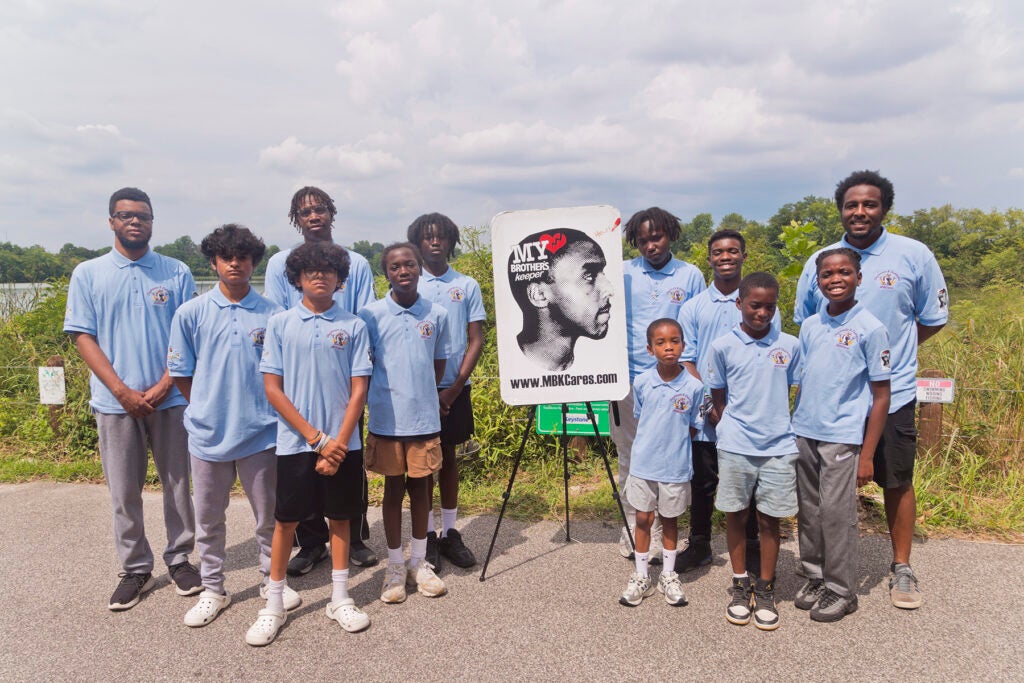
Each of the approximately 30 young people who participated in the chess and golf programs this summer can in turn impact others, Hines said.
“I think that what we’re doing can save families,” he said. “I think not only can it save lives from self harm or harm of others, but it may actually help people to forgive one another and sustain families, help relationships last, maybe sustain or develop marriages like just all kinds of things, or even launch people into careers that they may not have been thinking about.”
Salahudeen Salam, 14, participated in MBKCares’ summer program for the second time this year. He said besides having fun learning chess and golf, the program has helped him talk to people about his feelings more often.
Salam, who is starting ninth grade next week, said he often feels pressure to act a certain way because of his appearance. Due to his height, he said that many people assume he is an adult.
“It impacted me on a lot of things, like how to deal with disappointment, how to make other people feel better,” he said. “How to, you know, talk to myself when I need to talk to myself, how to talk to somebody, how to write in a journal. Writing in a journal is helpful.”
Salam said his favorite lesson from this year: “There’s no wrong way to be creative.”
The program’s emphasis on creativity, for Hines, comes full circle in preserving his brother’s memory.
“I’m in astonishment sometimes, because I didn’t think when he died that we’d be doing things that have to do with art … Now the people are being served through some things that Atif was interested in and strong in,” he said. “Atif was a phenomenal artist. He could paint, he could draw. He was just very creative.”
Hines said students come from all over the city, although they focus on serving the Strawberry Mansion and Kingsessing neighborhoods. Being able to attend a program in a setting with natural beauty is also an important feature that improves young people’s mental health.
“Some of the young people in our city don’t know what it’s like to be out of their neighborhood,” he said. “Some young people haven’t been off their block or been out of the city or whatever, but when you get people in a different environment, it just challenges them to just be different, behave different.”
Hines said he personally finds a lot of peace from walking on the Schuylkill River Trail or in John Heinz Wildlife Refuge.
“When you expose people to different environments, it opens up their minds to what’s possible and also just gives them something to look forward to,” he said.
‘Discovering Mental Wealth’
On Sept. 13, from 4 p.m. – 7 p.m., the organization is hosting its fourth annual Discovering Mental Wealth event at The Discovery Center in Fairmount Park, where MBK Cares holds its youth summer programs.
The free conference, held during Suicide Prevention Month, will feature panel discussions from mental health experts, researchers and community leaders, as well as artistic performances from poets, including Hines himself.
“It’s for the whole family,” he said. “It’s for every age. And we’re intentional about having a program that young people are involved with. We have young volunteers there. We’ll be honoring young people there. The messages are for everyone, from the youth to the seniors in our community.”
The following day, on Sept. 14, MBK Cares and Black Men Heal are hosting a community bike ride, starting at 9:30 a.m. outside of The Discovery Center at the corner of 33rd and Oxford streets. Indego Bike Share is providing free bikes and attendees are also welcome to bring their own. The group will travel through historical spots in Fairmount Park.
“These events and our programs, they present opportunities and what’s possible to people so that they can make decisions for themselves,” Hines said. “We don’t want people depending on us. We want people to be able to depend on us. We want people to learn to be self-sufficient.”
Anyone interested in learning more about MBK Cares or getting involved can visit the organization’s website.

Get daily updates from WHYY News!
WHYY is your source for fact-based, in-depth journalism and information. As a nonprofit organization, we rely on financial support from readers like you. Please give today.


